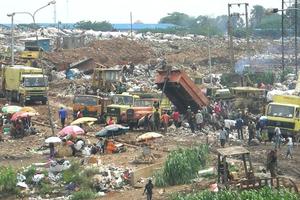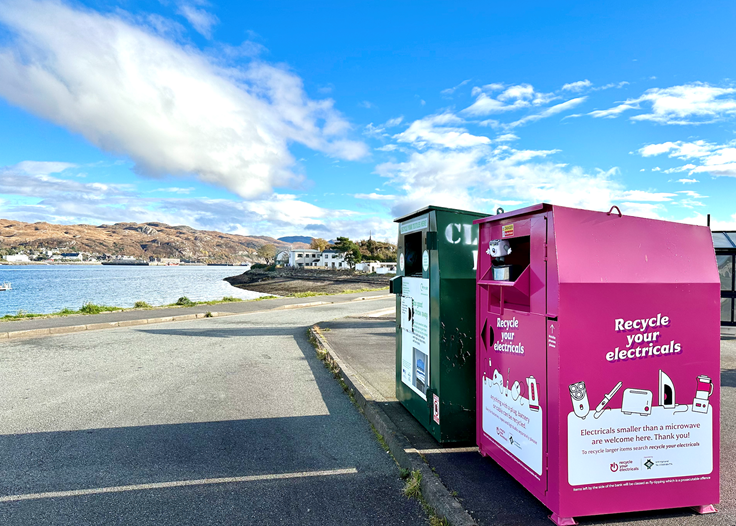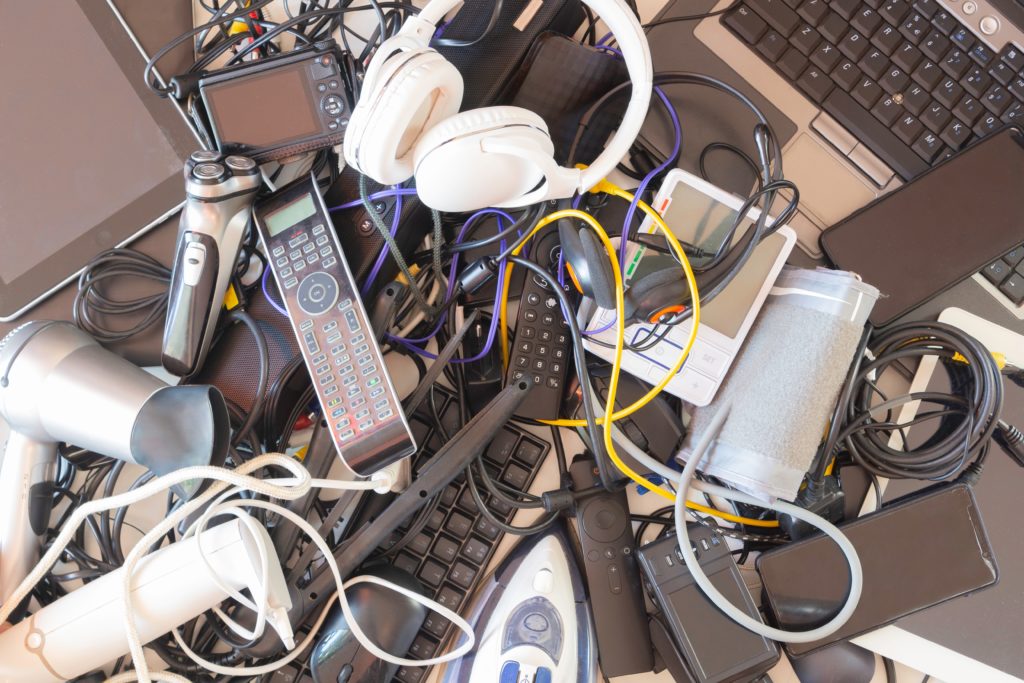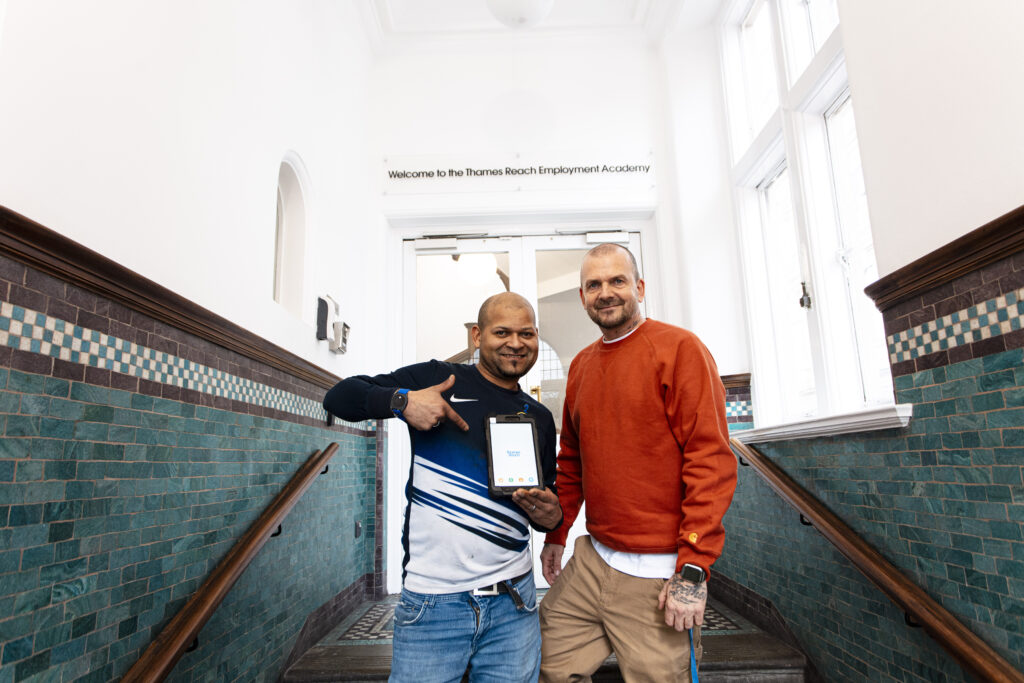Members of the UKs WEEE sector have been involved in the development of a WEEE declaration, seeking to improve the standard of e-waste recycling in Africa.
Organisations from the OEM Alliance – which includes WEEE reprocessor Reclaimed Appliances, EEE manufacturers Hewlett Packard, Dell, Nokia and Philips, the United Nations Industrial Development Organisation (UNIDO) and the University of Northamptons School of Science and Technology – were present at the African Ministerial Conference on the Environment (AMCEN) in Arusha, Tanzania last month to help ministers draft the declaration.

Should the declaration be adopted, African nations will look to work to develop legislation in their own countries that incorporate a number of measures to improve legislation and regulation around WEEE recycling on the continent.
The declaration is the culmination of three years of work by the Alliance, which has sought to improve WEEE recycling in Africa. It is hoped the declaration will be approved by African Environment Ministers shortly.
Agenda
Rob Truscott, chief executive of Reclaimed Appliances, based in Huntingdon, Cambridgeshire, was among the delegates who had helped to draft the declaration.
Speaking to letsrecycle.com, he said: The purpose of the declaration is to make sure that e-waste is on the agenda in Africa. We hope that it will create the correct environment to enable sustainable solutions to take place.
What we also want to see is compatible legislation being made across the region, ideally with the same interpretations of the legislation for every country. A common sense, practical and legal approach is what is needed.
He also explained that while the issue of e-waste is commonly thought of as a problem in Africa, there are significant business opportunities for companies looking to enter the sector. And, he said that the informal sector has already established a collection network for WEEE that, if framed by sufficient legislation, could flourish.
There is certainly a commercial opportunity there, as Africa is the fastest growing region for EEE in the world but also there is an opportunity to do something good.
He added: What we are looking to see happen is that the declaration is worked into their legislation and we want to help consult on the formulation of the legislation. We are already working with a number of regulatory authorities to create an environment that will attract investment.
Awareness
Professor Margaret Bates, the University of Northamptons expert in solid waste and waste electrical and electronic equipment (WEEE), took part in a panel session at the conference alongside African government ministers around the issue of e-waste disposal.
She said: The key thing it does is raise awareness about the potential for a solution to the e-waste problem, for which the relevant infrastructure and legislation is not yet in place.
Related Links
Some countries like Kenya and Nigeria are pioneering the development of recycling of WEEE and that is showing what can be done. But there is now an increasing awareness among governments that there is a business solution to the problem, and one that increases sustainability.
Collection infrastructure is actually well established on the continent, and you have got brilliant reuse and repair capabilities, it is just the disposal element that needs to be developed.
We also need to make sure that the education is in place so that people understand why the regulations are there.










Subscribe for free